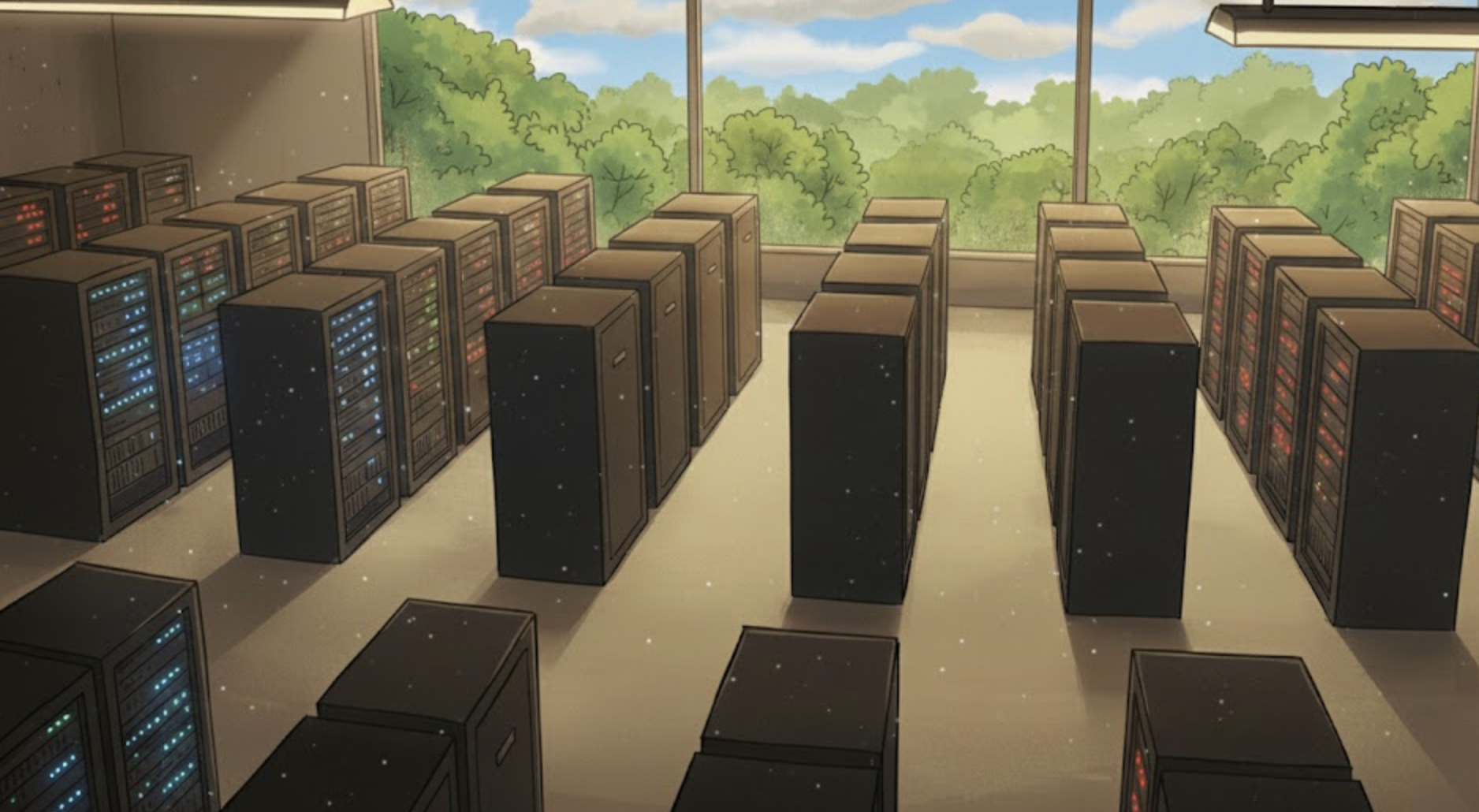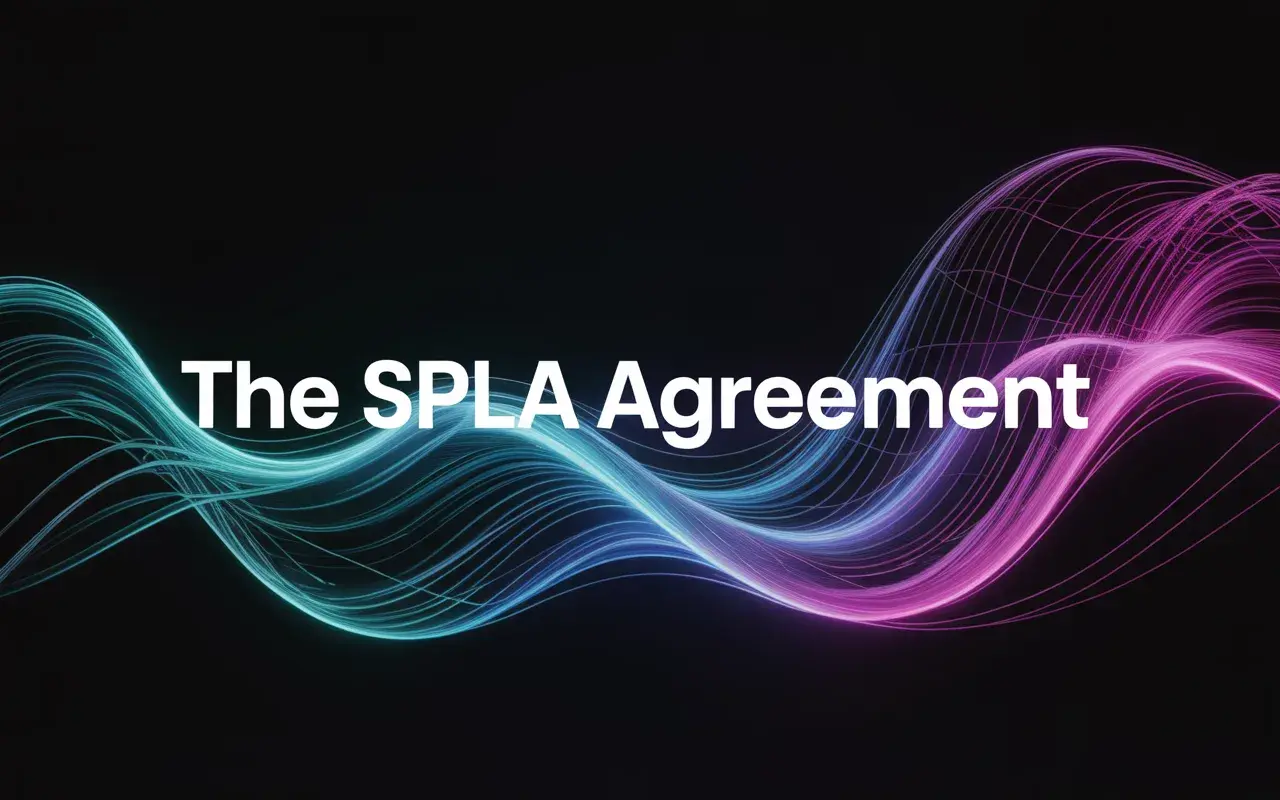In today’s rapidly shifting technology climate, hosting providers face growing pressure to maintain stringent compliance with software licensing terms. The Service Provider License Agreement (SPLA) offered by Microsoft allows service providers and Independent Software Vendors (ISVs) to license Microsoft products on a monthly basis to provide software services and hosted applications to end customers. However, as beneficial as SPLA licensing can be for both the provider and the customer, it comes with a complex web of licensing requirements and reporting obligations.
Moreover, SPLA audits—formal compliance checks carried out on hosting providers—are becoming more frequent and rigorous. An SPLA audit can be a daunting experience for any provider, especially given the complexity of possible deployment scenarios and the fine line between provider and customer responsibilities. Failing to comply with SPLA regulations can result in hefty penalties, reputational loss, or even the loss of Microsoft licensing rights altogether.
This blog post offers hosting providers a roadmap to SPLA licensing compliance by breaking down seven common service provider scenarios. We’ll also show how leveraging a dedicated SPLA usage reporting solution like Octopus Cloud can take the sting out of audits, turning compliance management into a streamlined, strategic aspect of your hosting business.
Understanding SPLA Audit Triggers and Risks
Before diving into the individual scenarios, it’s important to highlight what triggers an SPLA audit and the potential repercussions of non-compliance. Microsoft may initiate an audit if it notices unusual spikes in licensing reports, receives tips from whistleblowers, identifies discrepancies in customer numbers, or simply as part of routine random checks. During an audit, Microsoft or its appointed auditor will expect thorough documentation, accurate monthly usage reports, transparent allocation of licensing responsibilities between provider and end-customer, and evidence that licensing obligations have been met.
If non-compliance is discovered—whether due to underreporting, misunderstanding responsibilities, or accidental misuse—the provider can face:
- Backdated payments and penalties for unreported licenses
- Interest on unpaid fees
- Damage to the provider’s relationship with Microsoft
- Obligations to purchase additional licenses (sometimes at non-discounted rates)
- Remediation actions within a short window
- Legal and reputational consequences
Given these risks, mastery of SPLA licensing responsibilities is non-negotiable for hosting businesses intent on sustainable growth
Seven Common SPLA Licensing Scenarios
Let’s break down the most common SPLA deployment scenarios hosting providers encounter and examine each party’s compliance responsibilities.
1. Dedicated Outsourcing
Scenario:
Hardware is dedicated exclusively to a single customer. The hosting provider places the physical or virtual environment at the client's sole disposal, relinquishing all responsibilities for software licensing.
Licensing Responsibility:
In this arrangement, the customer is solely responsible for procuring and maintaining all necessary software licenses, including the operating system, applications, and any required access licenses. The hosting provider’s only obligation is to offer the underlying hardware and ensure no co-mingling of clients’ data.
Audit Impact:
Should an audit occur, the onus is on the customer to demonstrate proper licensing. Providers must ensure agreements clearly transfer licensing responsibility and maintain isolated environments to avoid compliance confusion.
2. Dedicated Hosting #1
Scenario:
The hosting provider dedicates physical or virtual hardware to a single customer, but the provider takes charge of licensing the infrastructure (e.g., Windows Server OS).
Licensing Responsibility:
Here, the provider assumes responsibility for operating system licensing, simplifying the compliance process for the end-customer. The customer may still be in charge of application licenses, or this may be specified differently in contract terms.
Audit Impact:
Providers must maintain meticulous records of infrastructure licensing and regular usage reports, demonstrating that all dedicated hardware is appropriately licensed under SPLA.
3. Dedicated Hosting #2
Scenario:
Similar to Dedicated Hosting #1, but now the provider undertakes licensing for both infrastructure and applications.
Licensing Responsibility:
The provider takes on end-to-end responsibility—ensuring that the environment is compliant from the operating system layer through to all hosted Microsoft applications (such as SQL Server, Exchange, etc.).
Audit Impact:
This comprehensive role places a heavier administrative burden on the provider. During audits, providers must produce detailed, monthly compliance records for both operating systems and all hosted Microsoft applications.
4. Hybrid Hosting (License Mobility) #1
Scenario:
Multiple customers share the same hardware platform, but each application instance is dedicated and isolated per customer. This often leverages Microsoft’s License Mobility rights.
Licensing Responsibility:
The infrastructure itself (physical host and virtual machines) must be licensed by the hosting provider. However, each customer is individually responsible for licensing the specific Microsoft applications (such as SQL Server or Exchange) used within their isolated environments, provided these applications are eligible for License Mobility.
Audit Impact:
This is a commonly misunderstood scenario, and errors are frequent. Providers must document shared infrastructure licensing and ensure only applications eligible for License Mobility are customer-licensed. Octopus Cloud can simplify tracking by correlating infrastructure usage with individual customer application inventories, helping evidence compliance during audits.
5. Hybrid Hosting (RDS External Use) #2
Scenario:
The provider handles licensing for both the infrastructure and applications, except Remote Desktop Services (RDS) Client Access Licenses (CALs). In this case, RDS CALs—required for users to access Windows applications remotely—must be provided by the customer.
Licensing Responsibility:
- Provider: All infrastructure (including Windows OS) and application licenses
- Customer: RDS CALs
Audit Impact:
It’s crucial for providers to differentiate in their records between the Microsoft licenses they report under SPLA and those (i.e., RDS CALs) that customers must provide. Octopus Cloud can enable granular tracking, ensuring that the provider’s reports are audit-proof while clearly identifying customer-supplied licenses.
6. Hybrid Hosting (IaaS on Shared Hardware) #3
Scenario:
A more complex setup, where customers buy Infrastructure-as-a-Service (IaaS) on shared hardware, and the hosting provider shoulders responsibility for infrastructure, applications, and RDS CALs.
Licensing Responsibility:
The provider reports and licenses everything—a one-stop shop for all compliance needs in the IaaS stack, including server OS, Microsoft applications, and RDS CALs, regardless of who accesses what on the infrastructure.
Audit Impact:
The administrative headache is real, as detailed, real-time license usage tracking must cover multiple software layers for possibly hundreds or thousands of users and virtual machines. Octopus Cloud’s automated usage monitoring and reporting eliminate human error and create verifiable audit trails.
7. Shared Hosting #7
Scenario:
All hardware and application instances are shared by multiple customers, with no dedicated environments.
Licensing Responsibility:
In this classic multi-tenant cloud scenario, the hosting provider licenses everything: infrastructure, applications, and RDS CALs. Customers simply consume the hosted services, with no licensing duties on their part.
Audit Impact:
Given the high degree of resource sharing, providers must deploy rigorous tracking and allocation mechanisms to ensure every license is counted and reported as stipulated in the SPLA. Octopus Cloud is invaluable here, offering real-time monitoring across shared environments, automatic license reconciliation, and compliance dashboards tailor-made for audit readiness.
How Octopus Cloud Simplifies SPLA Compliance
Octopus Cloud acts as a digital guardian for hosting providers navigating the intricate SPLA compliance landscape. Here’s how this platform transforms compliance from a chore into a competitive advantage:
- Automated Discovery: Octopus Cloud continuously scans environments, identifying all deployed Microsoft products across dedicated and shared infrastructure—even as things scale or migrate in dynamic hosting settings.
- Accurate Usage Reporting: Monthly SPLA reporting is streamlined through automated collection and collation of usage data, ensuring nothing is missed—even during periods of rapid growth or complex change.
- Responsibility Separation: Octopus Cloud tracks who owns which licenses in mixed models—making it easy for providers to prove they’re not responsible for licenses supplied by customers (e.g., in Dedicated Outsourcing and License Mobility scenarios).
- Real-Time Compliance Insights: The solution flags anomalies, areas of risk, and underreported deployments before they become an audit problem, empowering proactive compliance management instead of reactive firefighting.
- Audit-Ready Documentation: All data and reports are securely archived and accessible, significantly reducing the time, stress, and uncertainty associated with preparing for a SPLA audit.
- Optimization Capabilities: With detailed analytics, hosting providers can optimize license allocation, reducing unnecessary expenditures and spotting opportunities for consolidation.
Conclusion: Taking Control of Your SPLA Compliance Journey
Navigating SPLA audits and managing software licensing is a complex but critical responsibility for modern hosting providers. Every scenario—whether dedicated or hybrid, shared or multi-tenant—carries unique obligations and potential pitfalls.
By deeply understanding each SPLA licensing scenario, defining clear customer-provider responsibilities, and leveraging automated compliance platforms like Octopus Cloud, hosting providers can dramatically reduce audit risk. With real-time insights, automated tracking, and robust compliance documentation, Octopus Cloud enables providers to confidently focus on their core business: delivering reliable, scalable, and innovative services to customers—while remaining audit-ready and licensing-compliant at all times.
Embrace Octopus Cloud to streamline SPLA compliance. Navigate future audits with transparency and ease, and empower your business to thrive in a compliant, hassle-free hosting environment.







.jpeg)
